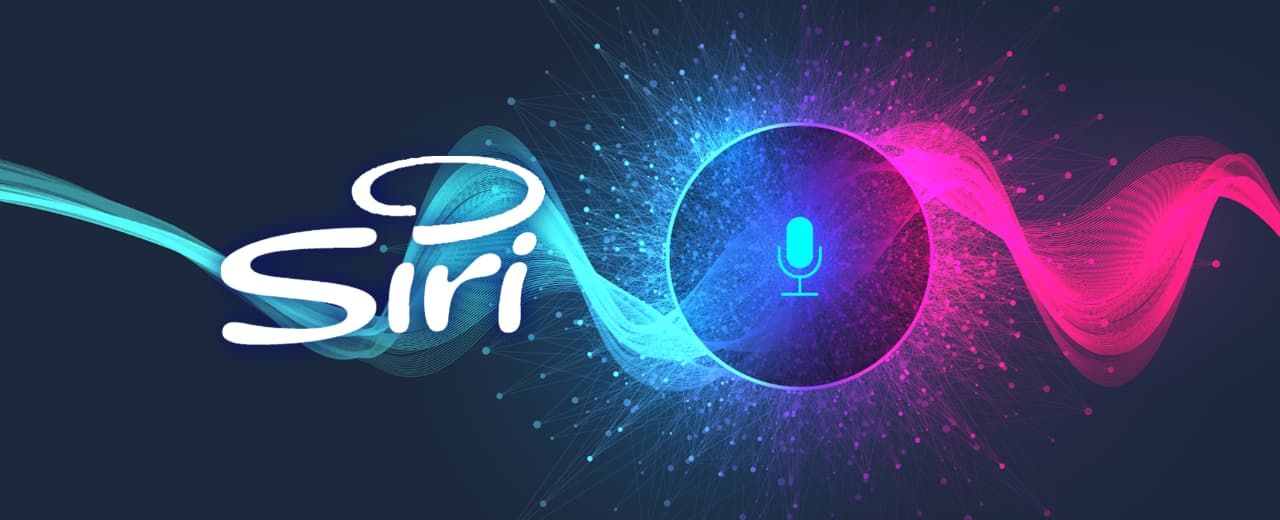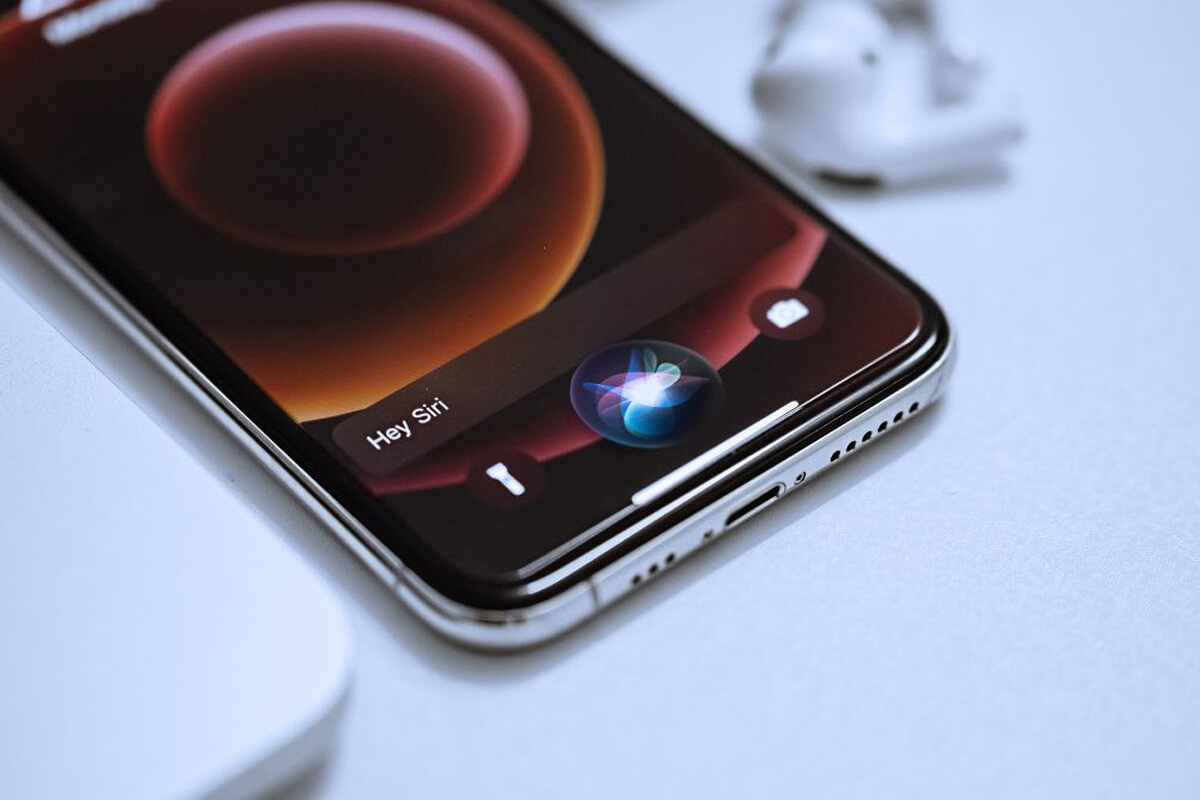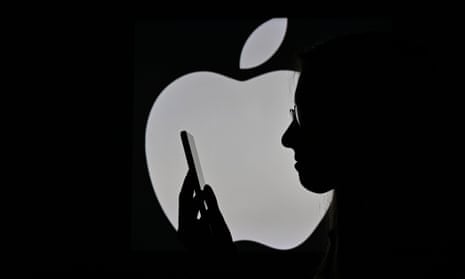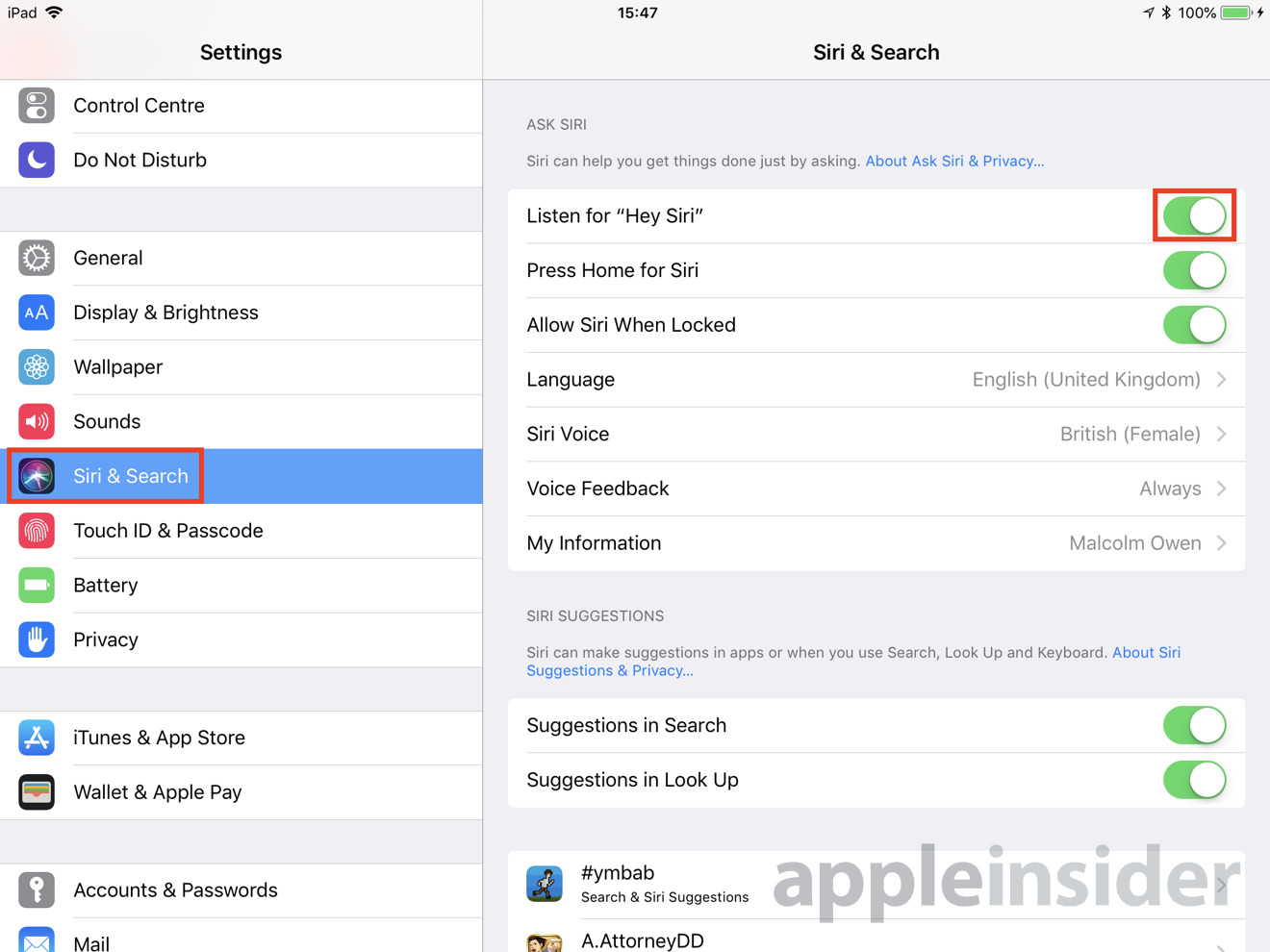In a recent legal development, Apple has agreed to pay $95 million to settle a lawsuit that accused the company of turning its popular virtual assistant, Siri, into a privacy invader. The lawsuit alleged that Apple had secretly activated the microphone on its devices, eavesdropping on users without their knowledge. This settlement, which still needs approval from a U.S. District Judge, has ignited concerns about privacy, the use of technology in everyday life, and the ethical implications of how tech companies handle consumer data.
Here's ads banner inside a post

The Origins of the Lawsuit: Unveiling the Allegations
The case dates back to 2019, when the Wood Law Firm filed a class-action lawsuit against Apple. The lawsuit was triggered by an article published in The Guardian, which reported that Apple’s virtual assistant, Siri, was not as private as the company had claimed. According to the article, Siri’s microphone was activated more frequently than users were led to believe, recording conversations without their consent. This raised serious concerns about Apple’s commitment to user privacy, especially since the company has long marketed itself as a staunch defender of personal data security.

Here's ads banner inside a post
The issue began in September 2014, following a software update that was meant to activate Siri only when users spoke the trigger words “Hey, Siri.” However, The Guardian report suggested that Siri was listening to and recording conversations even when the feature wasn’t activated by voice commands. The lawsuit expanded on these allegations, claiming that Apple used the data from these unprompted recordings to enhance Siri’s functionality. More troubling, however, were the accusations that some of these secretly recorded conversations were shared with third parties, such as advertisers, potentially breaching users’ privacy in exchange for better-targeted advertisements.

The Privacy Violation: A Breach of Trust?
At the heart of the lawsuit was the accusation that Apple violated privacy laws, particularly those concerning wiretapping and unauthorized surveillance. Federal wiretapping laws in the United States are designed to protect individuals from having their conversations intercepted without consent. The plaintiffs argued that Apple’s behavior was so egregious that it could have been liable for up to $1.5 billion in damages if the case had gone to trial.
Here's ads banner inside a post

Apple, for its part, denied all wrongdoing. The tech giant insisted that its practices were in line with its terms of service, and it maintained that the company would have been cleared of any misconduct had the case gone to trial. Despite this, Apple’s decision to settle for $95 million suggests that the company preferred to avoid a lengthy legal battle and the potential damage to its reputation.
In the tech industry, privacy is often touted as a core value, and Apple has long marketed itself as a champion of consumer rights in this regard. However, this lawsuit put that image to the test, raising serious questions about how much control users truly have over their personal information and whether their data is being exploited in ways that contradict their expectations.
The Financial Impact: How Much Will Consumers Be Compensated?
The $95 million settlement is a substantial sum, but it’s worth noting that, for a company like Apple, it represents a small fraction of its vast profits. Apple’s revenue has consistently topped $700 billion since 2014, a period that also saw its market value soar to approximately $3.7 trillion. Nevertheless, the settlement amount, while modest in comparison to Apple’s profits, is still significant for the consumers affected by the breach.

The settlement agreement outlines that consumers who owned an iPhone or other Apple device equipped with Siri between September 2014 and December 2024 are eligible to file claims. Depending on the number of claims filed, each individual could receive up to $20 per device. However, the final payout could be affected by several factors, including legal fees and costs associated with administering the settlement. The class action lawyers representing the plaintiffs are seeking nearly $30 million in fees, though this figure may be subject to change depending on the court’s final approval.

It’s estimated that only a small percentage of eligible consumers—around 3% to 5%—will file claims, which means the per-device payout could be more than $20 depending on the total number of claimants. The legal process is still ongoing, and a court hearing is scheduled for February 2025 to review the terms of the settlement.
Apple’s Strategy: Why Settle Instead of Fighting the Case?
Apple’s decision to settle rather than continue the legal battle is not surprising. While the tech giant maintains that it would have won the case in court, settling can often be a more cost-effective and less damaging strategy for large corporations. Legal battles are expensive and time-consuming, and a prolonged court case could have resulted in negative publicity, tarnishing Apple’s carefully cultivated image as a protector of user privacy.

Moreover, the settlement allows Apple to avoid the risk of a potentially unfavorable ruling. By settling, the company can also bring closure to the case without admitting liability, which would have been crucial if the case had gone to trial. In many instances, corporations choose to settle class-action lawsuits because the financial cost is less than the potential reputational damage from a loss in court.
A Broader Privacy Debate: Are Other Devices Listening to You?
The case against Apple raises broader concerns about privacy in the digital age. As technology becomes more integrated into our daily lives, questions about data collection, surveillance, and consent become increasingly relevant. While Apple is in the spotlight, similar concerns exist for other tech giants. A lawsuit filed in a federal court in California targets Google’s virtual assistant, accusing it of similar privacy violations related to Android devices.
The implications of these lawsuits extend far beyond Siri. As smart speakers, voice assistants, and other Internet of Things (IoT) devices become more common, consumers must confront the reality that their conversations could be recorded or monitored without their knowledge. With so many devices designed to listen for voice commands, the risk of privacy violations is real, and it has sparked a growing debate about the need for stricter privacy regulations in the tech industry.
What Can Consumers Do?
For those concerned about their privacy, there are steps to reduce the risk of surveillance. On Apple devices, users can turn off Siri entirely by navigating to the “Settings” app, selecting “Siri & Search,” and toggling off the “Listen for ‘Hey Siri’” option. This action will disable Siri’s voice recognition feature, ensuring that the assistant is not listening for commands at all times. Additionally, users can manage app permissions, including microphone access, by adjusting settings for each individual app.

While these actions can limit the extent of data collection, the reality is that disabling Siri and similar features doesn’t fully eliminate the risk of surveillance. The ongoing debate highlights the need for greater transparency and control for consumers over their personal data.
Privacy in the Digital Age
Apple’s $95 million settlement is a significant moment in the ongoing conversation about privacy in the digital age. It highlights the growing tensions between technological advancements and the protection of personal data. While the settlement may offer some restitution to consumers, it also serves as a reminder that privacy in the modern world requires vigilance and a constant reassessment of the risks we face as we embrace new technologies. As the case continues to unfold and similar lawsuits emerge, the future of privacy rights remains uncertain—but one thing is clear: it’s a conversation that will shape the way we interact with technology in the years to come.

